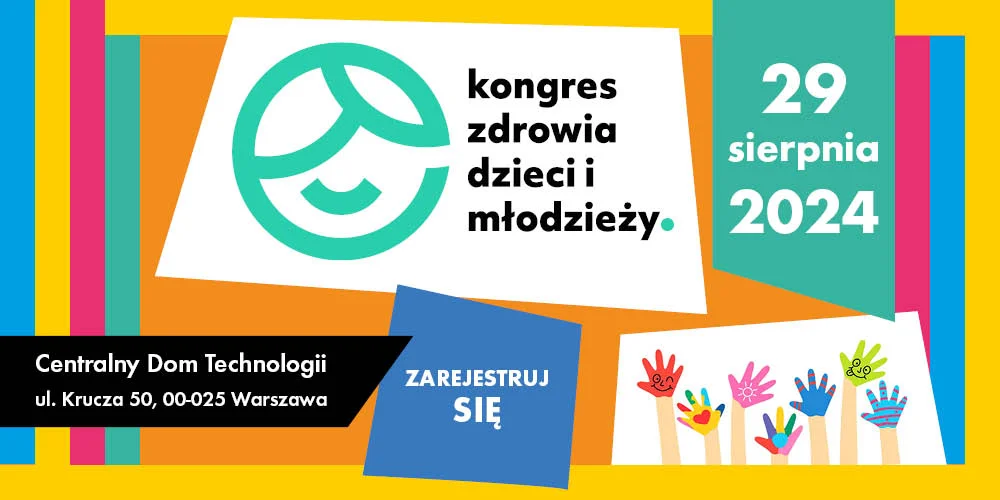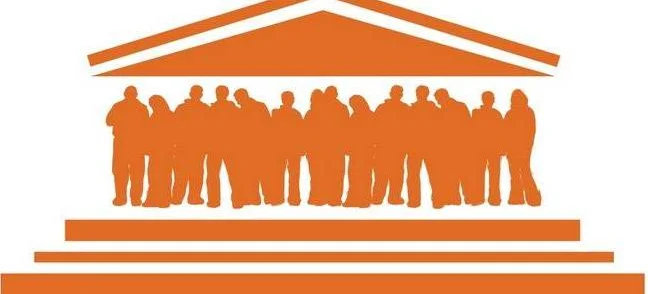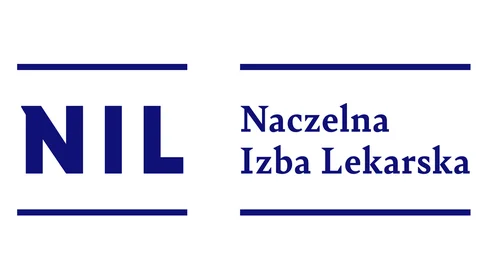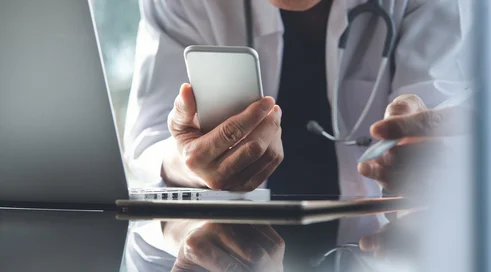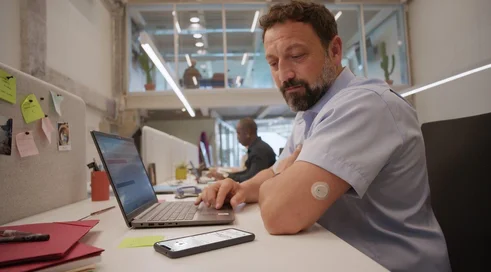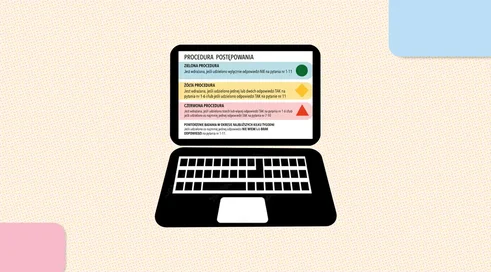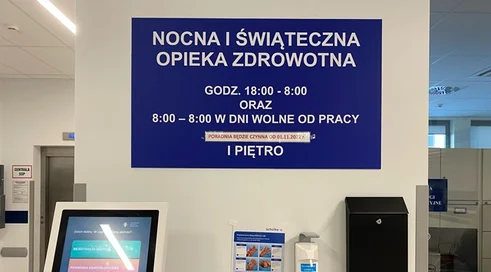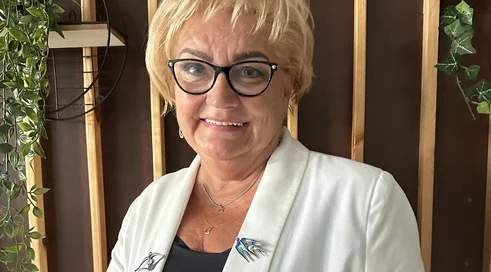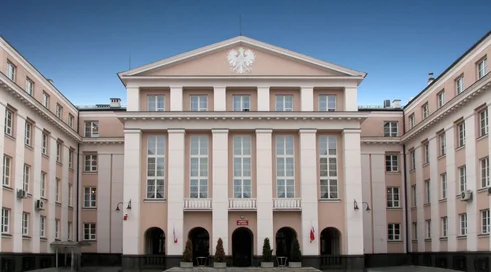As of January 1, 2023, health services can be provided to convicts remotely. Deputy Ombudsman Wojciech Brzozowski is asking the Prison Service how it has organized the provision of these services, including whether they are possible in all penitentiary units.
The 2022 amendment to the Executive Penal Code introduced the possibility of providing health services to persons deprived of liberty in a new form. As of January 1, 2023, in accordance with Article 115 § 8a of the Penal Code, they may be provided to a convict via ICT or communication systems.
In this connection, ZRPO is asking the Deputy Director General of the SW, Lt. Gen. Renata Niziołek, how the provision of these medical services was organized.
It is especially about information:
- Has this form of providing medical services been implemented in all penitentiary units?
- Are they via Skype instant messaging, selfie camera or other means of communication?
- Where are the teleportations implemented and is the confidentiality of the conversations maintained?
- Is the doctor providing the teleportation present on the premises of the penitentiary unit and, if it is deemed necessary to admit the patient to the facility's outpatient clinic, will the convict be brought to the healt...
Content locked
To gain access to the complete English section of the Medexpress.pl, kindly reach out to us at [email protected].
If you already have an account, please log in




